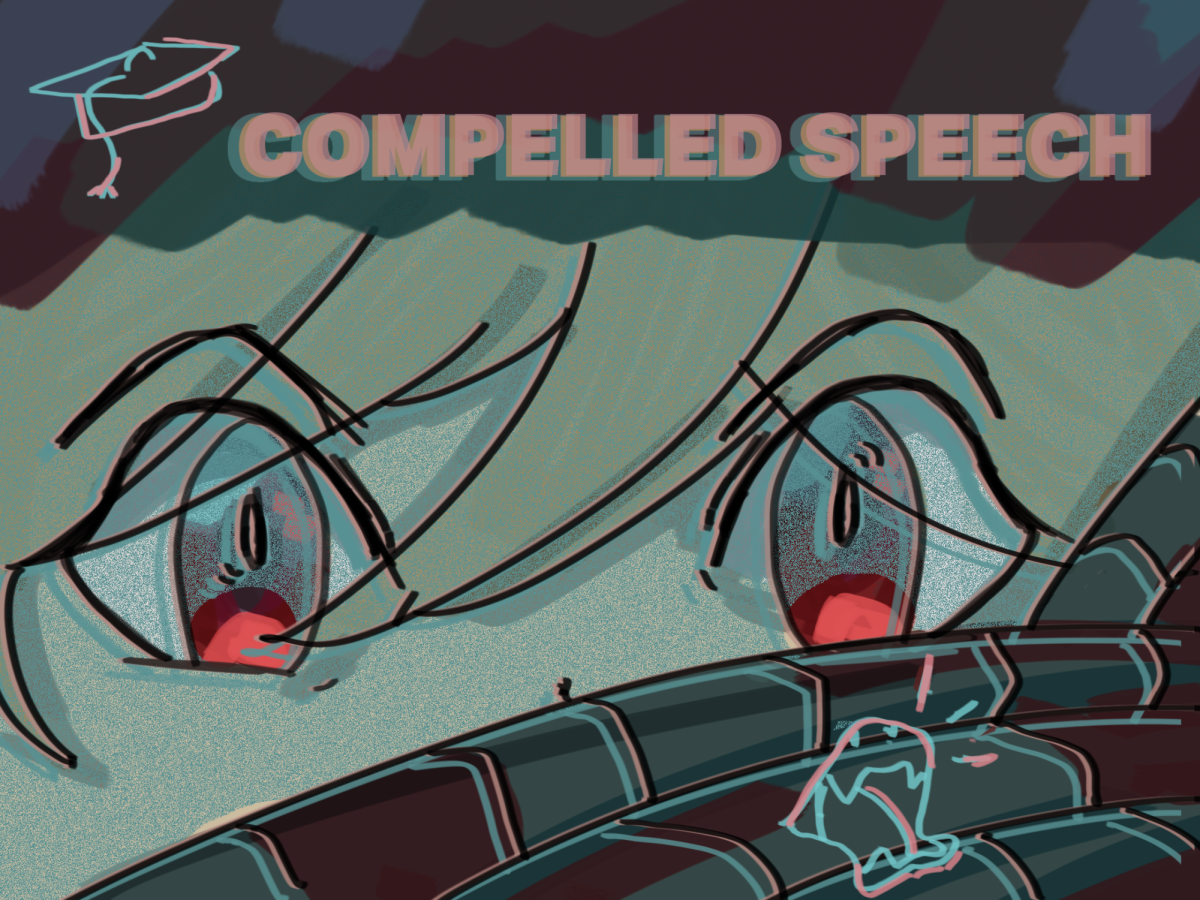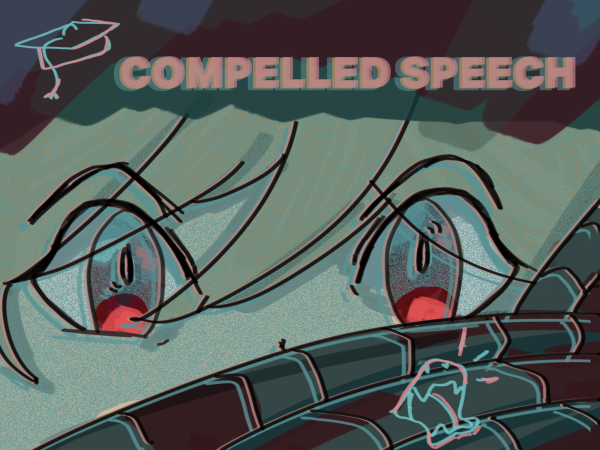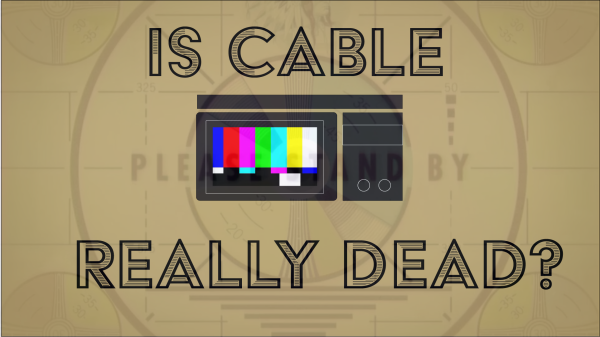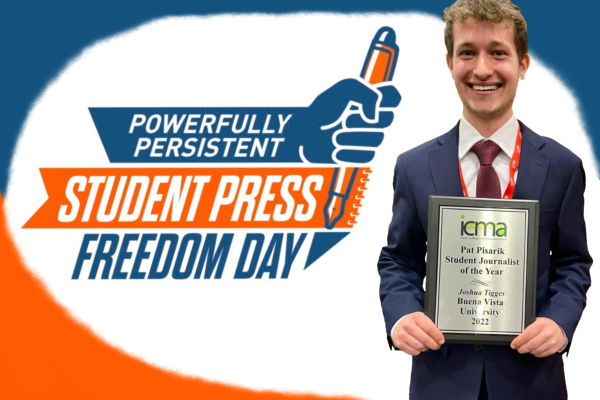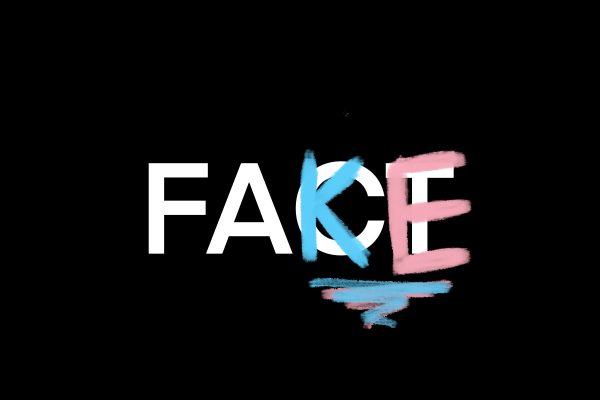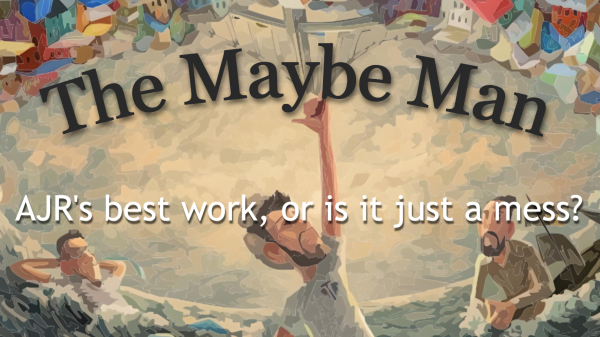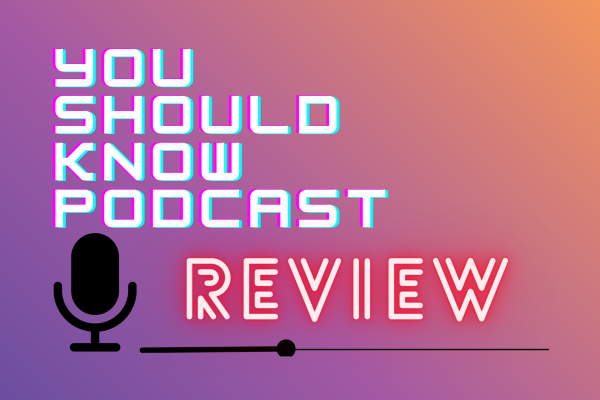A Premature Death
April 27, 2022
A gloomy overcast hazes the glow of the sun. Cameras watch your every move and headlines are read aloud from speakers that litter the street. Reporting for work, the unwelcoming musty smell of a crowded factory stains your worn cloths, but there is no time to contemplate such a situation. Duty calls as headlines and statements arrive through a tube, contradictory to ocular observation. Cameras continue to monitor your actions, ensuring adherence to government authorization, including eradicating archival documents for replacement by updated versions. A seemingly foreign world painted by George Orwell’s famous “1984” literature reveals itself in our backyard. As younger generations lose faith in the press and turn away from news consumption, they dismiss their civic duty of holding outlets accountable to reporting the truth, allowing government agencies to dictate information. Evidence and the dangers of state-controlled media has revealed itself within Russia, with few Russians understanding the political motives of the Ukrainian invasion. More than ever the freedom of the press has become crucial to our societal survival, but with declining approval we head towards a premature death. It is of utmost importance to adapt media targeting tactics to captive the youth and save our democracy.
Over recent years, media consumption amongst young generations has taken a nosedive. As reported in a study conducted by the American Press Institute, less than half of surveyed millennials regularly follow five or more “hard news” topics, and only 40% pay for at least one news subscription service. Perhaps this is due to Forbes’ findings that nearly 60% of Americans believe “most news organizations are more concerned with supporting an ideology or political position than with informing the public.” Regardless of where this radical viewpoint originated, the effects of such a belief threaten a fundamental first amendment right. Independent news organizations have appeared to become politically aligned, highlighting agendas of either the left or right. So perhaps there is some truth to such a bold viewpoint. In fact, USA Today published an investigative report that revealed the “dark money” of the 2020 election. Startling, wealthy individuals (some of whom own media outlets) appeared on the surface to donate a couple thousand dollars, but actually contributed in excess of $1 million to campaigns in some cases. Under our nose journalism is faced with a fundamental threat. The first amendment guarantees the protection of publishing the truth, but morals have been challenged by pressure to support viewpoints contradicting journalistic obligations. This very threat has deterred young readers from seeking knowledge on situations, but ignorance only advances the transition into a state media society.
What has currently maintained the survival of our free press is the distinction between independent and state media. Simply put, an independent media system (like the one established within the United States) receives funding from individuals or private groups, allowing the organization to report the truth within situations. Contradictory, state media is closely aligned with the government, receiving funding for publishing stories consistent with how they want the public to perceive similar situations. As Prindle Post explicitly highlights, state-run media initiates the downfall of a democratic system due to the contradiction it poses to the First Amendment. Investigative journalism’s core purpose is to serve as a watchdog of government, but association with the government undermines such an effort. For instance, the Russian invasion of Ukraine has presented this danger. According to the BBC, state media dominates the Russian landscape with most top national TV outlets being closely linked to the Kremlin (essentially the Executive Branch of Russia). News and information spread by these outlets maintain reverence and support of government actions. The few independent journalists that do exist are subject to economic pressure, making it hard for them to fund publications. Young generation’s unwillingness to seek out news and discover viewpoints that challenge traditional outlets has allowed the Russian government to achieve complete information control.
Recently, the extent of this issue has emerged. NPR highlighted how Russian media outlets have been portraying soldiers as “extremely decorous” and that Ukrainians want to live under Russian rule. Manipulating the information citizens are receiving led to striking results in a survey conducted by The Washington Post. 58% of Russians are in support of the Ukrainian Invasion, with 46% of them firmly supporting the actions Russia is taking. To Americans across the country, but specifically the younger generation, this must serve as a “wake up” call to rally support around our news organizations. A decline in approval has led our independent organizations to lean towards government assistance, but such an action threatens our fundamental right of freedom of the press. One must wonder not if, but when our media landscape will find itself in a similar situation to Russia due to the current path we are on. Therefore, action is needed to not just regain trust in the media, but public acceptance of it.
While many point to young adults in overcoming this issue, a solution to this problem is not so black and white. I believe it is not as much of a responsibility of the individual as it is the media. Reviewing the previously mentioned American Press Institute survey, nearly 70% of millennials say they get news at least once a day, but news consumption has taken a dramatic turn. YPulse found that 74% of people ages 13-39 solely view news on their phone, 47% of which strictly use social media. The turn of the digital age has brought a new frontier to media. Systematically, our definition of “news” has transitioned from being informed with detailed information to demanding headlines and statements within seconds of an event. As a result, few have the power of information and become susceptible to twisted truths. In order to overcome such an issue and prevent transitioning into a state media society, I believe the media landscape must once again change their approach. YPulse identified Gen Z and Millennials by far prefer receiving news via video compared to text. In fact, 65% of 13–19-year-olds use YouTube as their primary news source, trusting specific YouTubers the most.
Therefore, in order for our press to remain relevant, they must understand preferred consumption methods amongst new audiences. Rather than publishing lengthy essays, convert the work into a script for an interactive video. Additionally, taking advantage of social media usage by posting “snip-bits” of these videos or developing one minute to two-minute-long videos explaining situations would appeal much more to young generations. Without this shift the risk is run of further turning young consumers away and transitioning into a state-media society. As Russia has revealed, once this happens social media (including YouTube) access becomes limited, and the only information received is the beliefs government wants to portray. Perhaps we are closer to the foreign world George Orwell described, but a combination of efforts between young adults and media organizations can deter the future we currently face. Without such an effort, a gloomy haze lingers over our democracy. Journalists are watchdogs, and freedom of the press provides the truth, but as this right begins to waiver younger generation sacrifice their lives to a premature death.







